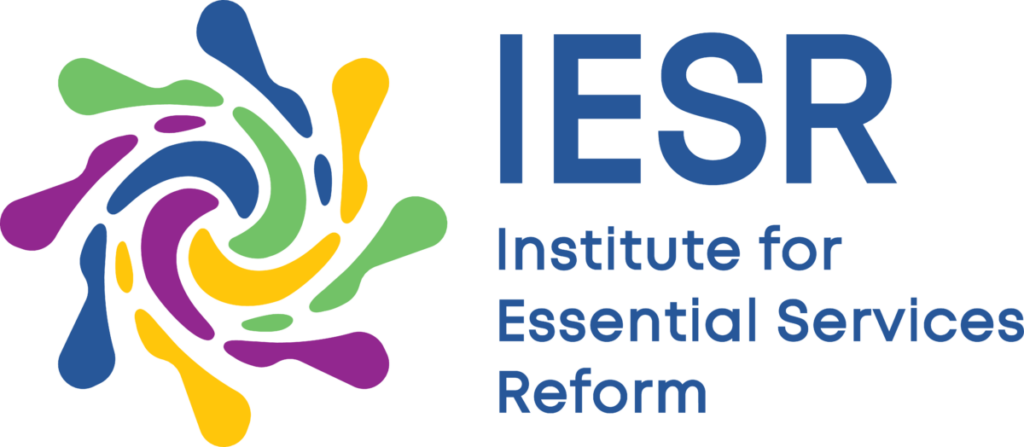Background
Institute for Essential Services Reform (IESR) is a think tank that intensively promotes the acceleration of low-carbon energy transition in Indonesia through data-based and evidence-based policy advocacy. For more than 17 years, IESR has contributed significantly to building discourse and ecosystems for energy transition in Indonesia, as well as collaborating with central and local governments, associations, and civil society organizations to strengthen the use of clean energy.
In Bali, IESR has contributed to supporting energy transition efforts by providing technical studies, energy transition roadmaps, and community outreach since 2019. This approach strengthens local involvement in the energy transition, while ensuring that the transformation to clean energy is inclusive and equitable, in line with local Balinese values that value harmony with nature and sustainability.
The province of Bali has set an ambitious target to achieve Net Zero Emissions (NZE) by 2045, 15 years earlier than Indonesia’s national target. This commitment is in line with Bali’s vision of environmentally conscious development, based on local wisdom, and oriented towards sustainability, as stated in Bali Governor Regulation No. 45 of 2019 concerning Clean Energy.
However, to realize the NZE 2045 target in an inclusive and equitable manner, the energy transition approach cannot only be carried out from the large-scale supply side, but also needs to target the community level, especially in villages. Many villages in Bali, both civil service villages and traditional villages, have productive economic potential that can be developed and supported by the presence of cleaner renewable energy. The use of renewable energy at the village level in Bali is still minimal, even though there is relatively strong social and cultural support for the values of sustainability and harmony with nature.
The Institute for Essential Services Reform (IESR), in its analysis of regional energy transitions, assesses that the development of renewable energy in villages to support community activities and productive economic activities can be an important model in bringing the NZE 2045 agenda closer to the real needs of village communities. This concept encourages energy independence based on local potential, as well as strengthening community capacity in managing and utilizing clean energy for productive needs, basic services, and improving the quality of life.
Therefore, IESR initiated the Renewable Energy-Based Village initiative in Bali, which is a model for assisting communities to utilize renewable energy that has strategic value to reduce carbon emissions in rural areas, increase local energy resilience, encourage active community participation in the energy transition, and facilitate sustainable village economic development, for example through agricultural productivity, MSMEs, and renewable energy-based ecotourism.
IESR believes that this initiative can be a living lab or community-based energy transition laboratory that can be replicated in various other areas in Bali. More than just a technical project, this initiative uses a transformative development approach that integrates energy, social, economic, and environmental aspects in one framework. Since the end of 2024 to April 2025, IESR together with the Indonesian Green Tourism Village Association (ADWHI) have conducted assessments in 4 villages that have the potential to become pilot locations for the Renewable Energy-Based Village initiative in Bali and will follow up with initial assistance for 2 selected villages.
Proposals will be accepted until 12.00 (noon) Western Indonesia Time (WIB, GMT+07) on May 23, 2025. Proposals received after that date and time will be considered ineligible. All proposals must be signed by an authorized agent. Bidders must send a digital copy of the proposal via email to the IESR Sustainable Energy Access Program Manager at citra@iesr.or.id and cc yudistira@iesr.or.id and turas@iesr.or.id with the subject “Proposal: Renewable Energy-Based Village Assistance in Bali_name of institution”.


